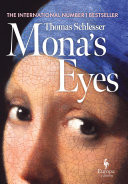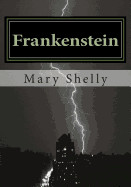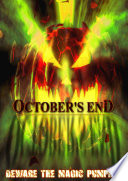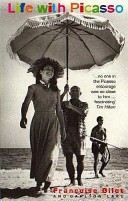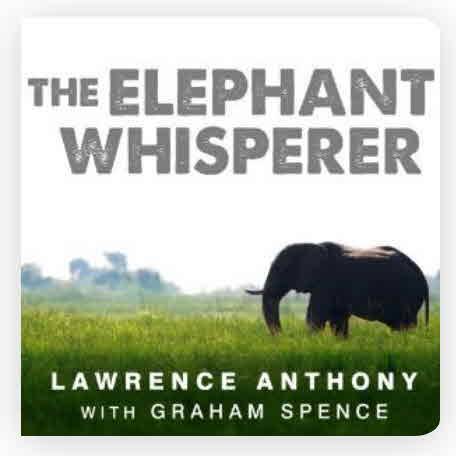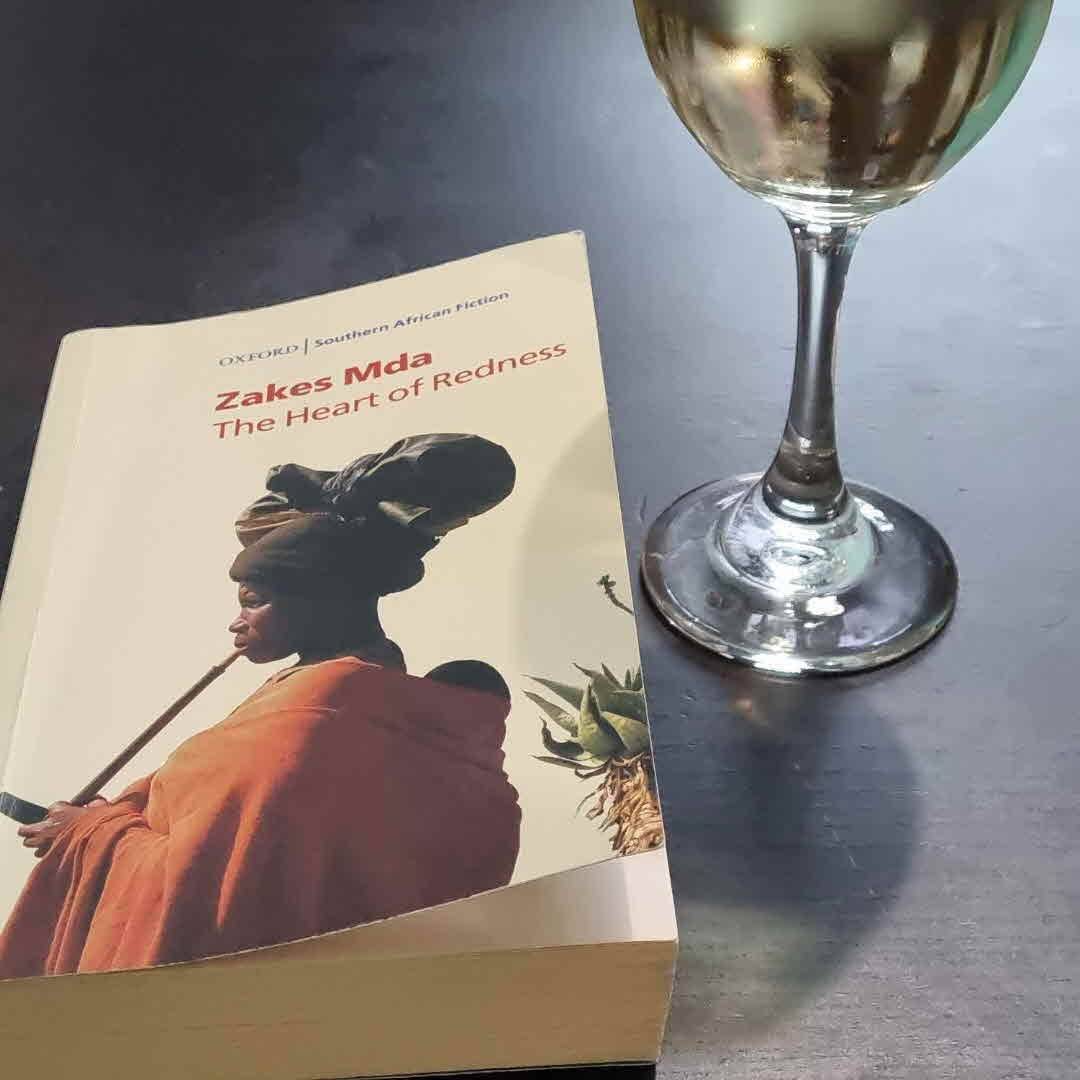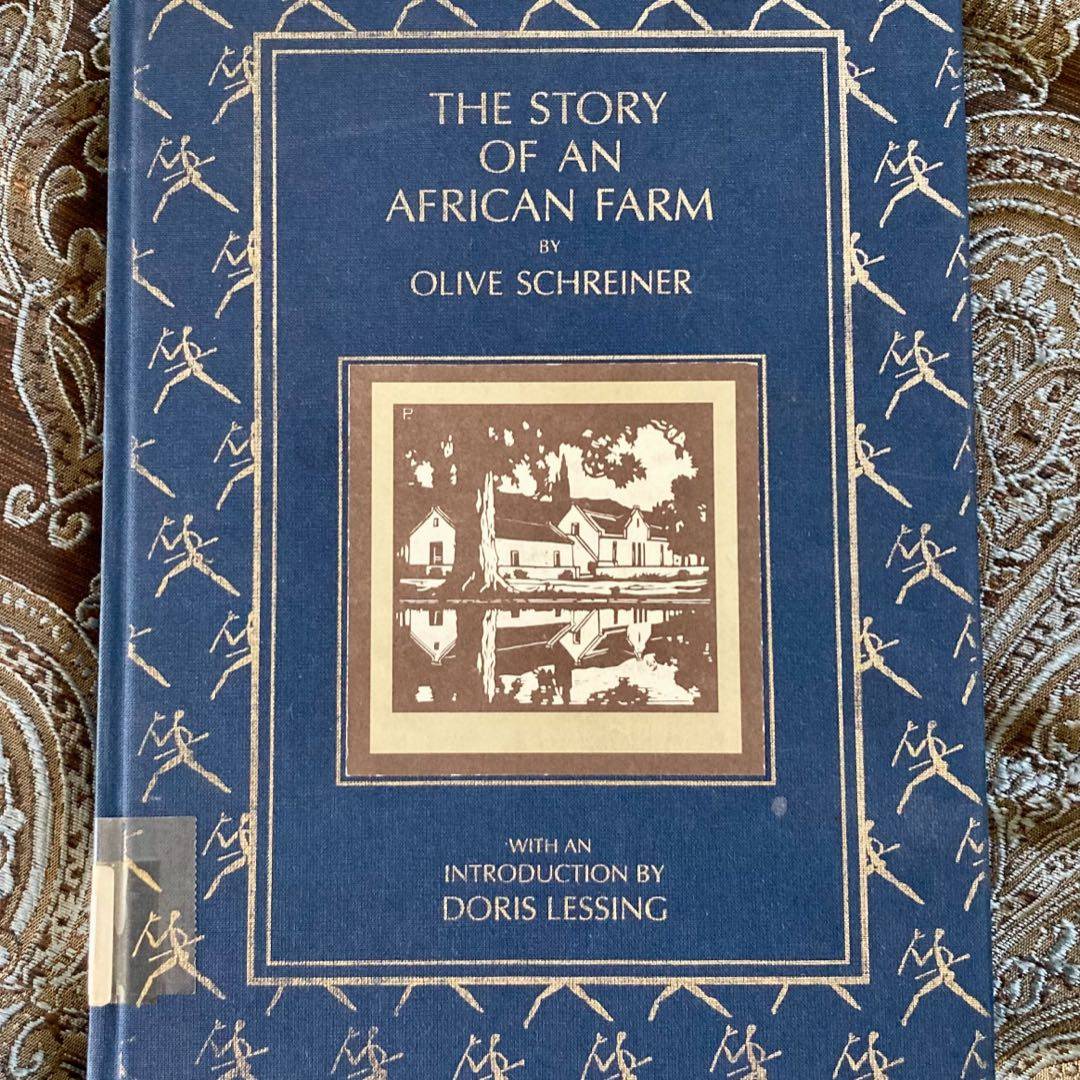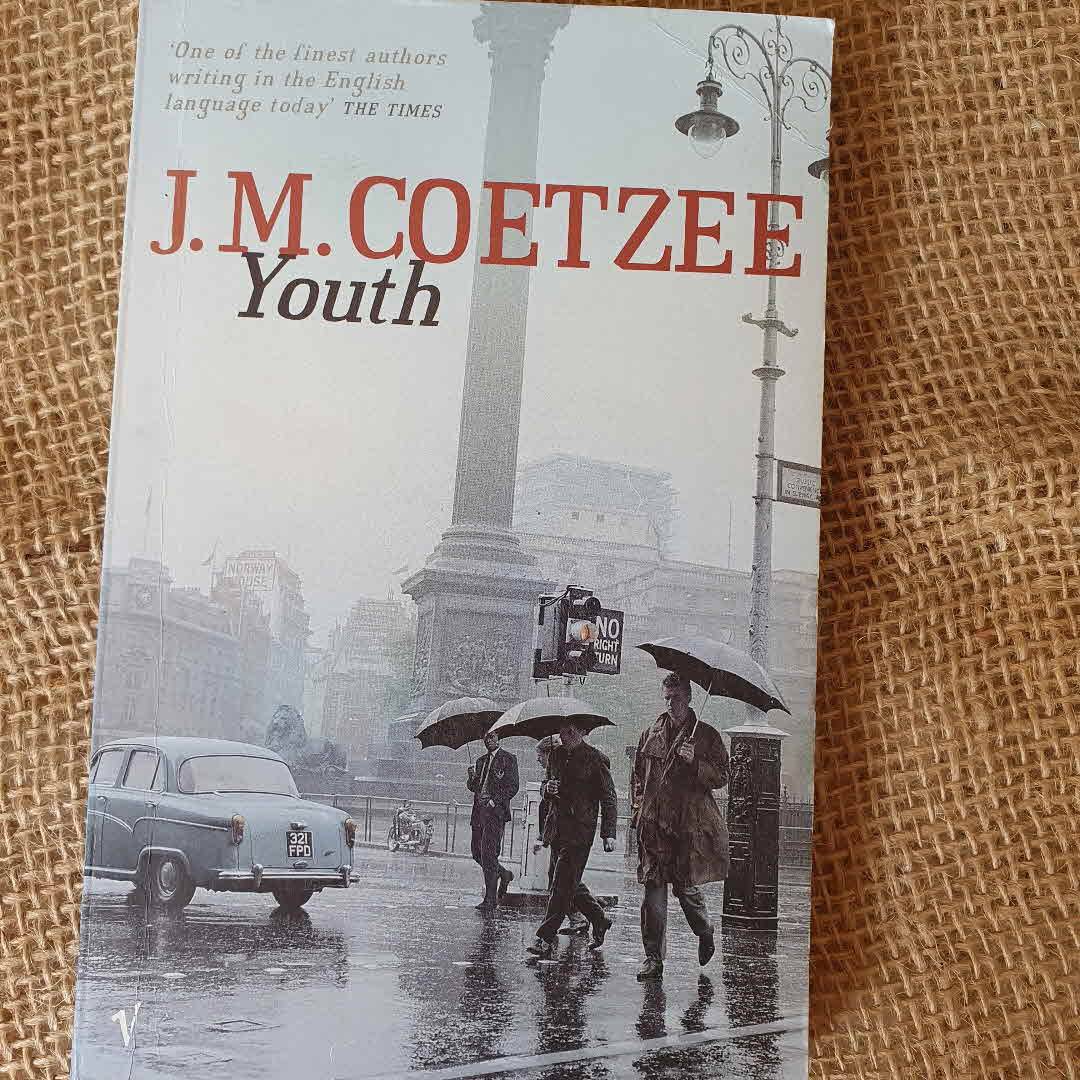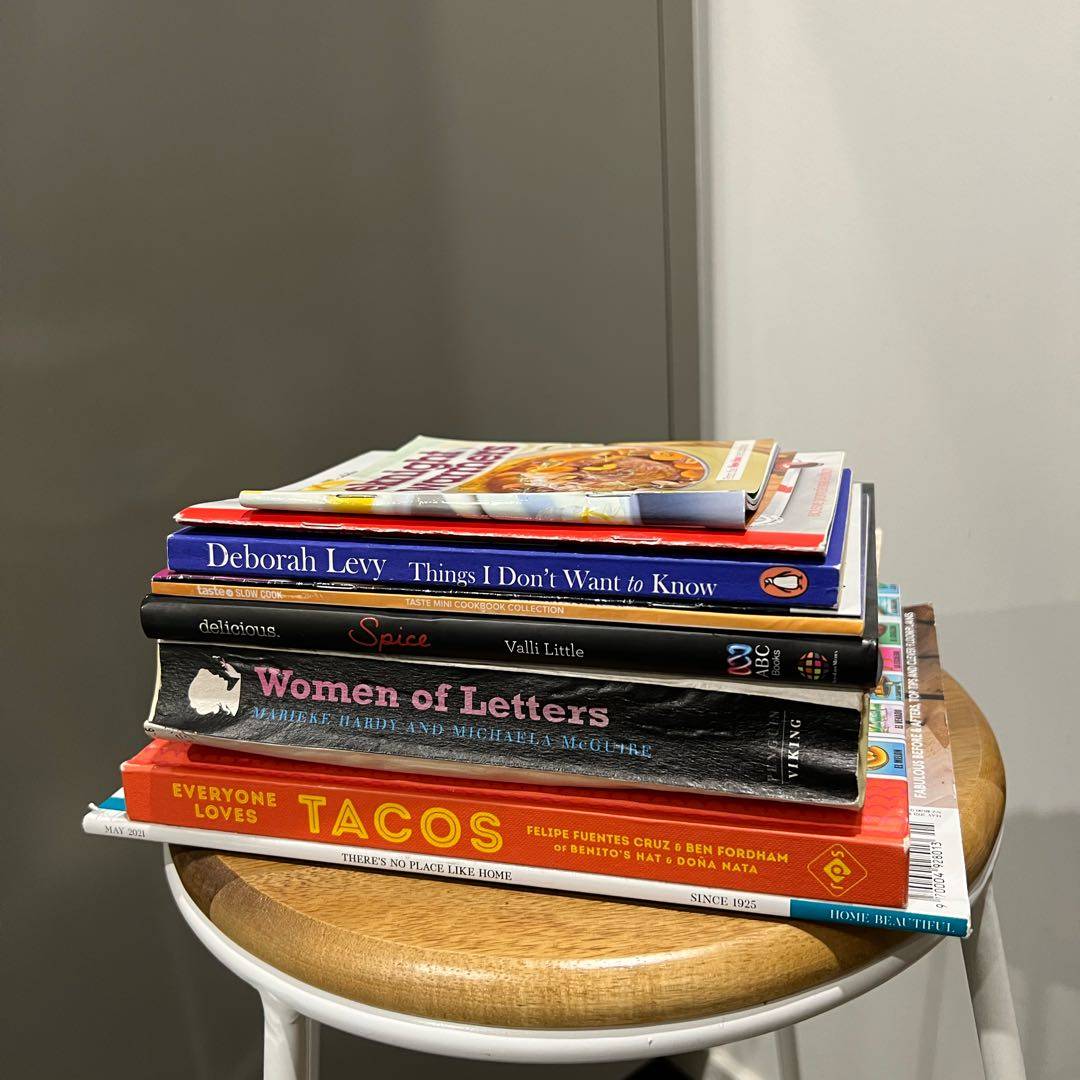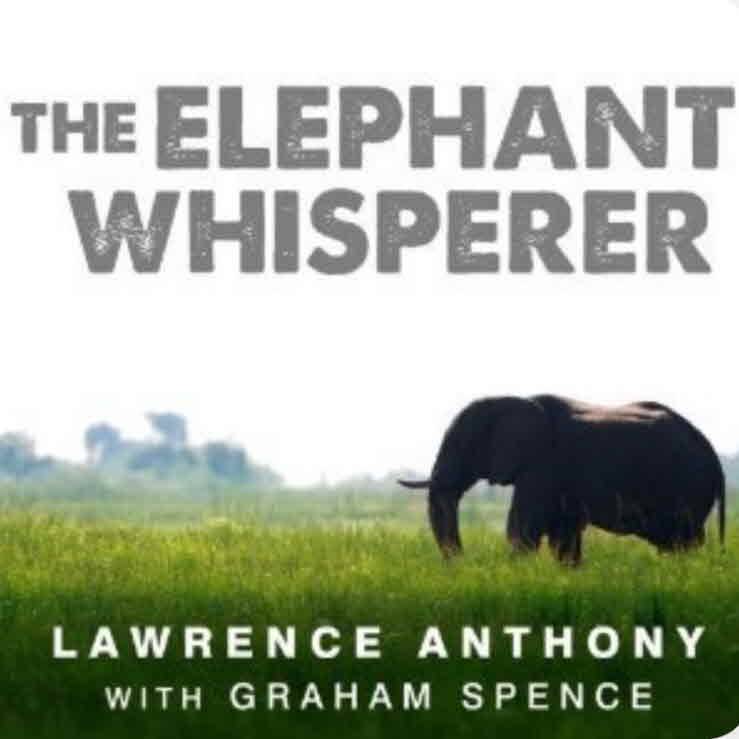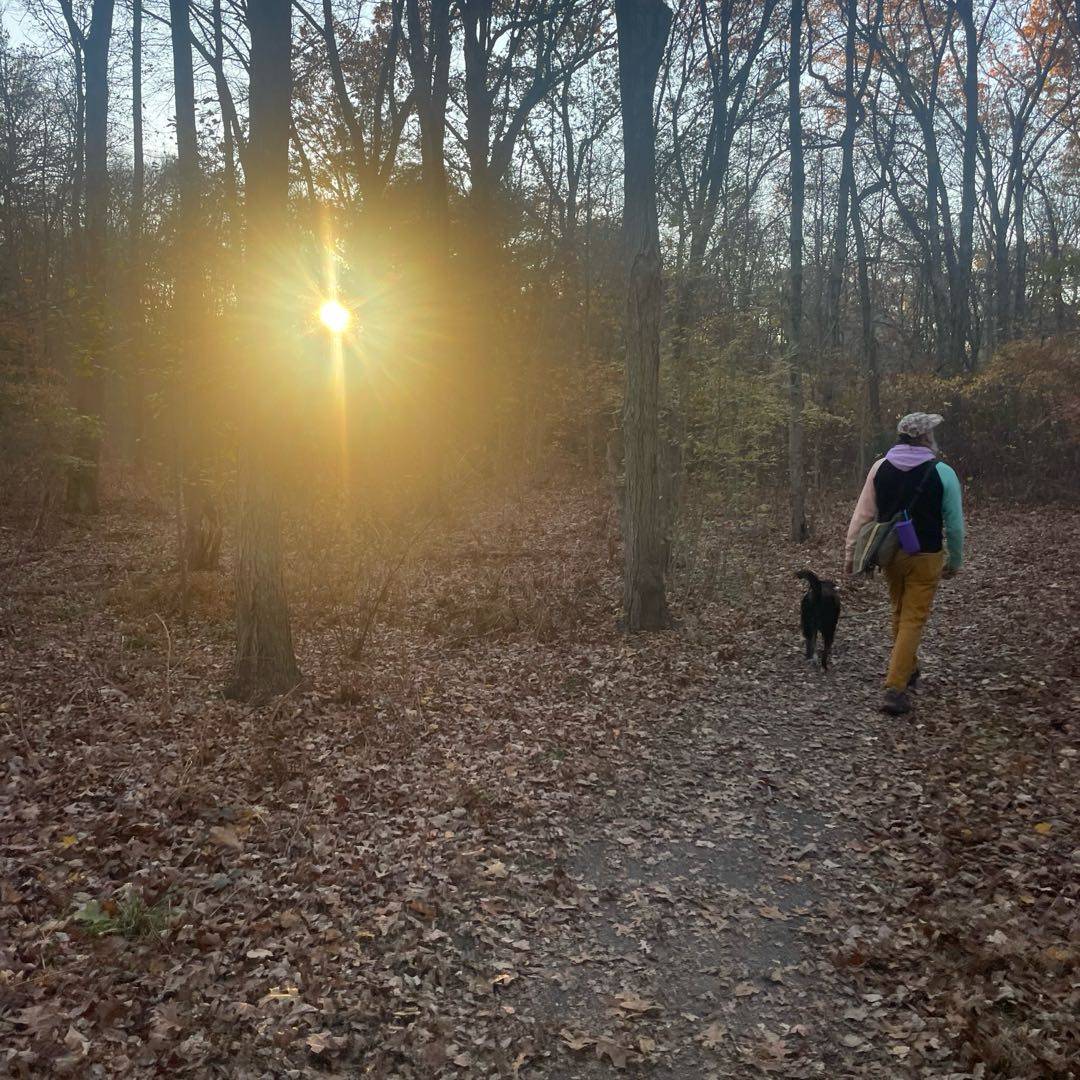
This walk in the woods today was grounding.
I had an interview on Wednesday that went really well, and I‘ve been deliberating all week about whether I should leave my job. I‘ve ultimately decided against it but it wasn‘t an easy call. How do you say “no” to a job where your would-be employers kick-off the interview by asking you to do a chicken impression? What a silly time we all would‘ve had…
I don‘t think I‘m ready for a new week to begin!







